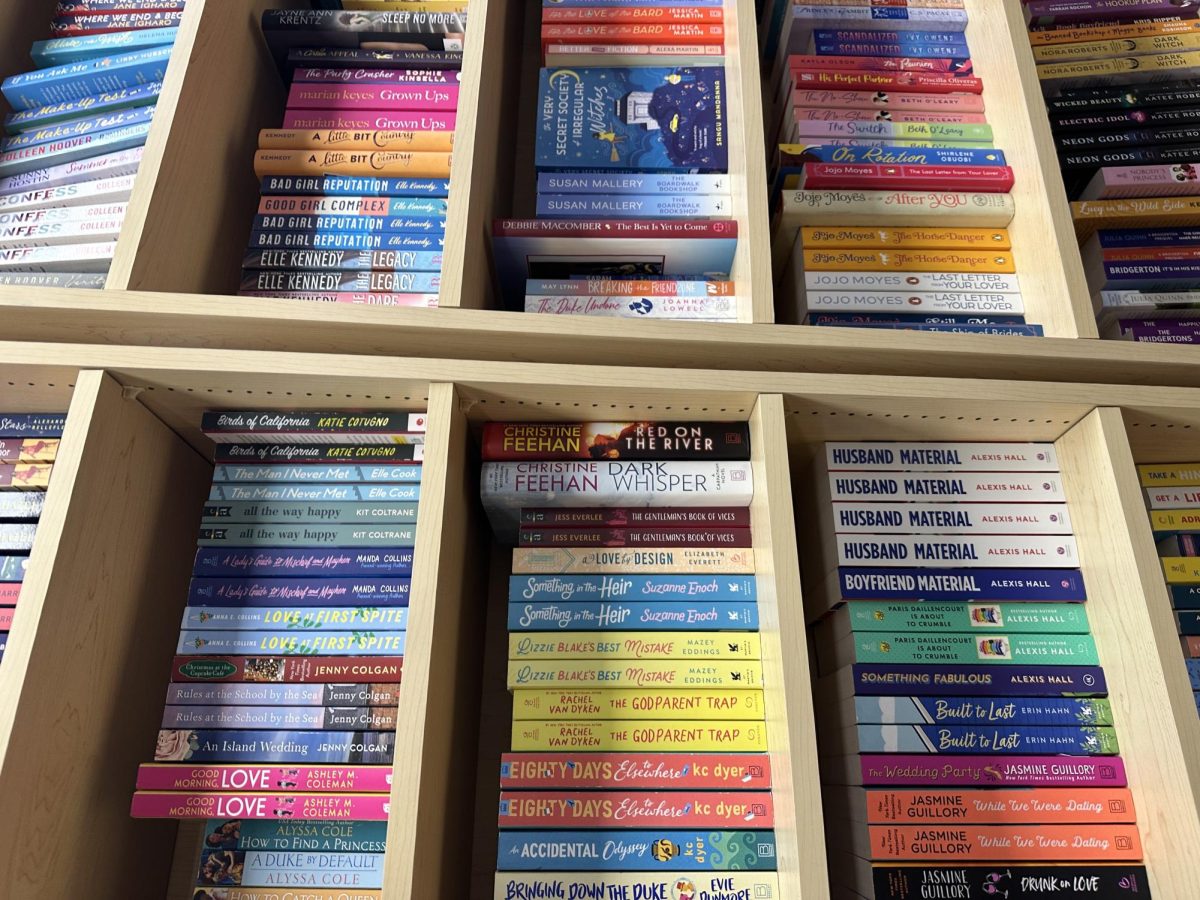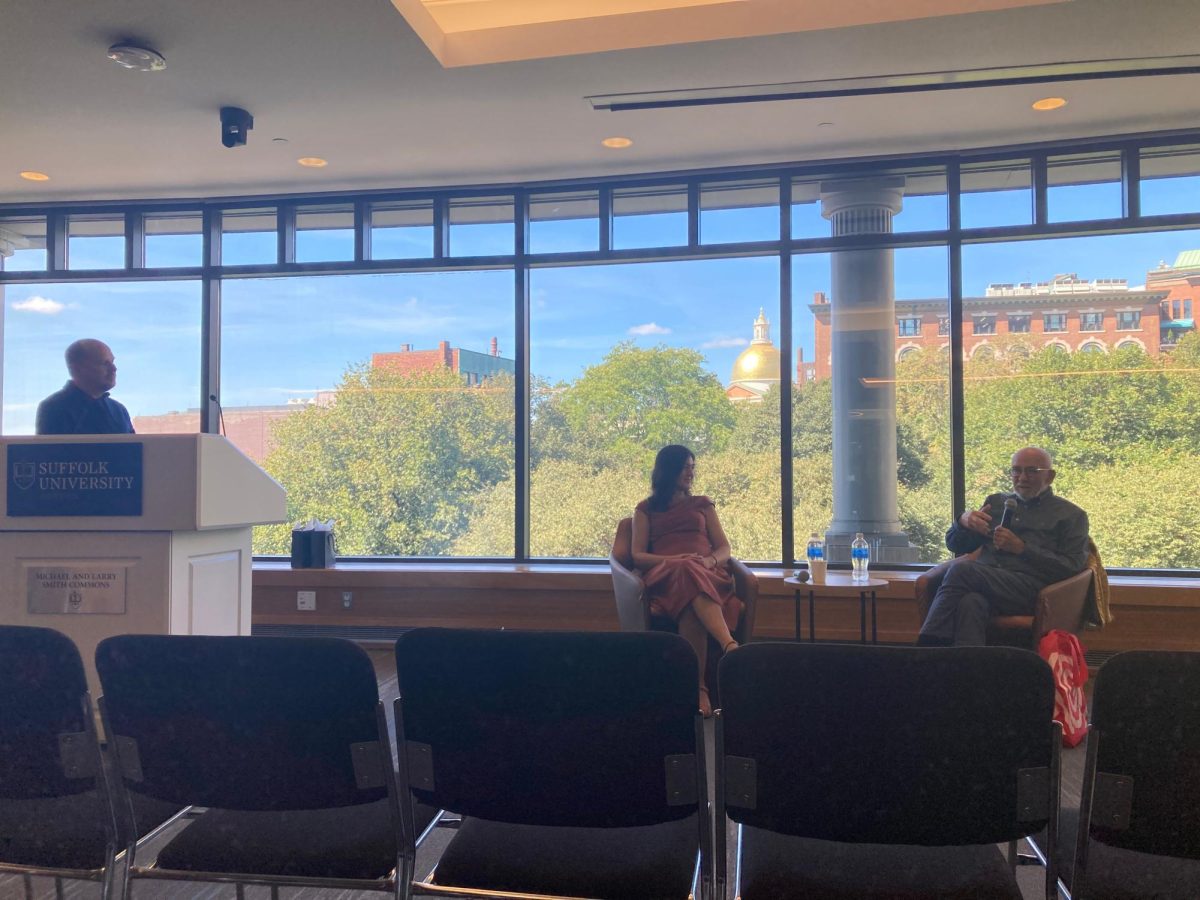Have you ever experienced the sensation of stepping into a bookstore and all around you are countless volumes full of uncharted, enchanted realms of boundless wisdom? Well, that might be ending before you know it.
In a world where bookstores are closing their doors at an alarming rate, it’s evident that many factors have contributed to it. While the COVID-19 pandemic undeniably dealt a decisive blow, what’s perhaps even more pivotal is the relentless intrusion of technology on our cherished daily rituals.
The kids of the next generations will probably not experience that unique feeling of going to a bookstore and spending hours exploring new adventures on one hundred or so pages of a book. They might have a taste of the remaining bookstores, but that sensation of freedom and inspiration isn’t going to be the same anymore.
One of the main reasons physical bookstores are dying is due to the growth of E-Commerce. Online retailers such as Amazon have made it convenient for people to purchase books without leaving the comfort of their homes.
Yet, even though they offer lower prices, bookstores still create a sense of community among book lovers with events and book clubs: Something that Amazon can’t provide, and that’s priceless.
It is true that the production and transportation of physical books can have a significant environmental impact and digital reading helps to reduce this impact, but e-books also have their own environmental costs. The production, distribution and disposal of these devices can be resource-intensive and result in electronic waste. Producing one e-reader uses around 100 kilowatt hours of fossil fuels and 79 gallons of water and emits 66 pounds of carbon dioxide.
Bookstores also hold tremendous cultural and historical significance. They are places where authors, anonymous and famous, find inspiration. The sense of history, tradition and the connection to literary greats within these places foster a sense of continuity between past and present which, like the Great Library of Alexandria, may be lost in the near future, not due to fire but to humanity’s ignorance toward history.
Books are so valuable for our lives and yet many people are unaware of this value. This is also one of the factors that contribute to the closing of many bookstores. People don’t read anymore, and in my opinion, this raises considerable concerns about the future of our society.
Unfortunately, the COVID-19 pandemic was the decisive factor in the shutdown of tons of bookstores around the globe. Retailers faced a mass extinction during the pandemic, with more than 20,000 bookstores getting shut down. I grew up in bookstores and seeing them closing out destroys my book-lover heart.
E-commerce still proves to be the main challenge of the remaining bookshops but after weighing the pros and cons of books in the digital age, I think we shouldn’t stick with one option. Why don’t we value both — one as enhancement and the other as historical and inspirational, and in the meanwhile try to find a third option that is more environmentally friendly?
Despite all those challenges, here in Boston many independent bookstores and specialty bookshops have managed to survive by offering unique selections, personalized recommendations and hosting different events. Writing this article at Trident Booksellers on Newbury Street made me realize that I’ve finally found my way back home and I sincerely hope it continues this way for the foreseen future.









